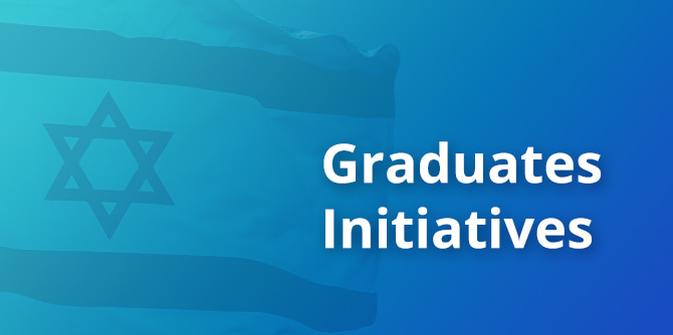
As soon as the magnitude of the October 7 tragedy became known, Mandel graduates throughout Israel took up the mantle of providing aid to those in need, spearheading initiatives of many kinds, all of which strengthen Israeli society and boost its resilience. These initiatives include the distribution of food, medicine and other supplies to Bedouin communities; overseeing emergency aid centers; offering mental health treatment; establishing schools for evacuee children; and more. Below are four examples of initiatives by Mandel graduates.
Emotional Assistance for Survivors of the Nova Attack
Dr. Suzy Shrem Cohen, an adjunct lecturer at Ben-Gurion University of the Negev and a graduate of the Mandel Program for Local Leadership in Eilat, established a therapeutic program for young people in Eilat who survived the massacre at the Nova music festival or had friends who were murdered in the attack. This safe space offers a variety of therapies that help them deal with the trauma that they experienced. “Some of my daughter's good friends were murdered at the festival, while others were among the survivors,” says Suzy. “I realized that these young people were experiencing severe trauma and were not receiving adequate treatment, so I felt compelled to respond.” Suzy’s program has treated 47 young people to date and she hopes to start a second group in the near future.
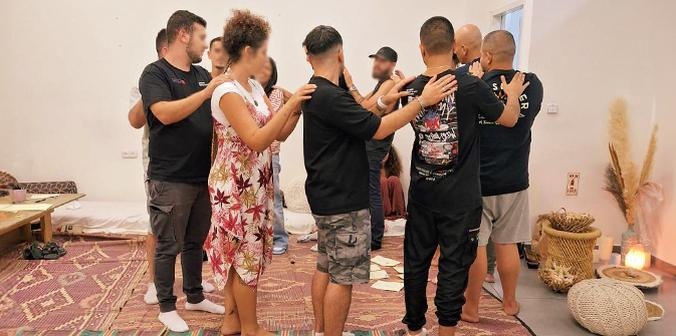 Photo courtesy of Dr. Suzy Shrem Cohen
Photo courtesy of Dr. Suzy Shrem Cohen
A School for Evacuated Children from Sderot
A week after the October 7 massacre,
Dr. Tzahi Lev-Ran, a graduate of the Mandel Program for Academic Leadership in Teacher Education (Cohort 1), launched a school in Jerusalem for evacuees from Sderot, a city of over 30,000 people located one mile from the Gaza border. Tzahi, who is the dean of student placement at Herzog College, worked with a team of colleagues to find an appropriate space at one of the hotels where the evacuees are housed, recruited a team of educators, and identified the relevant students. In his words: "The school was up and running practically overnight. Within a matter of days, we had 80 students, from one-year-olds though Grade 7. Today, there are 100 elementary school students and 50 preschoolers.”
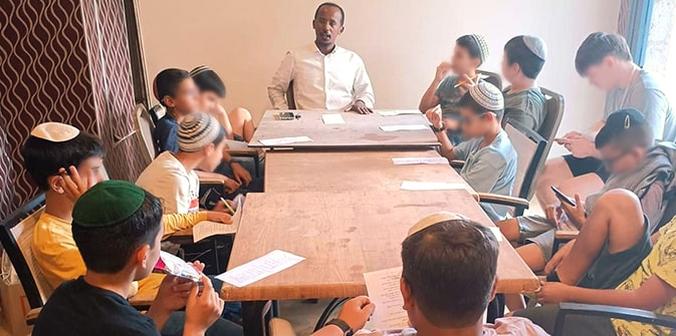 Photo courtesy of Dr. Tzahi Lev-Ran
Photo courtesy of Dr. Tzahi Lev-Ran
Treatment and Support for Evacuees with Special Needs
Ahmir Lerner, a graduate of the Mandel School for Educational Leadership (Cohort 26), is the Executive Director of Beit Issie Shapiro, a leading non-profit organization that provides therapies for children and adults with disabilities of all kinds. At the outset of the war, his institution worked to offer solutions to the many pressing needs that arose. "One of the first steps that we took,” he explained, “was to establish a network of volunteers to reach out to evacuee families with members with special needs and connect them to appropriate service providers. Treatments include emotional therapy, emergency dentistry and recreational activities." Beit Issie Shapiro also began offering sensitivity training for the Ministry of Welfare, local councils in the Arab sector, and other groups of professionals. The training focuses on how to deal with people with cognitive or communication disabilities who have experienced loss and are grieving.
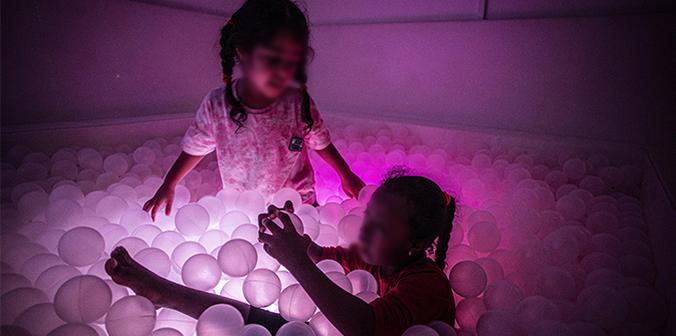 Photo courtesy of Ahmir Lerner
Photo courtesy of Ahmir Lerner
Joint Jewish-Arab Community Watch in the North
When
Nir Rubin Syrkin was a fellow of the Mandel Social Leadership Program in the North (cohort 2), he established an urban community network called “Bustan” in his mixed Jewish-Arab city of Nof HaGalil. Bustan (“orchard” in Hebrew and Arabic) brings together Jewish and Arab residents for family activities, language courses, shared volunteering opportunities, and more. “Just as different kinds of plants can grow together in an orchard, we would like our Arab-Jewish community to serve as an example for all of Israeli society,” explains Nir. “Our initiative creates positive encounters between the different populations and works to reduce prejudice and feelings of alienation." In response to the war, Nir set up a joint Jewish-Arab community watch to patrol Nof HaGalil. "The war has reduced the residents' sense of security and has increased the risk of violent incidents in day-to-day life,” said Nir. “The community watch reinforces the residents' sense of security and strengthens the bond between Jewish and Arab volunteers."
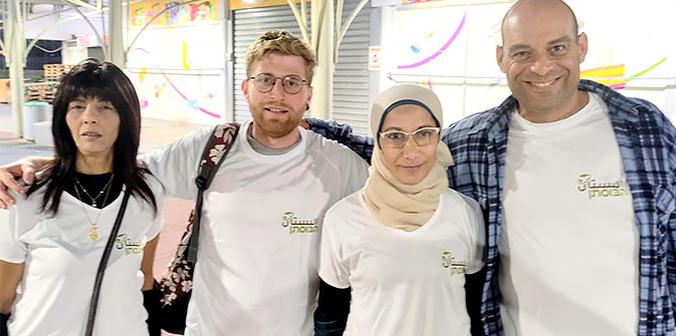 Photo courtesy of Nir Rubin Syrkin
Photo courtesy of Nir Rubin Syrkin
